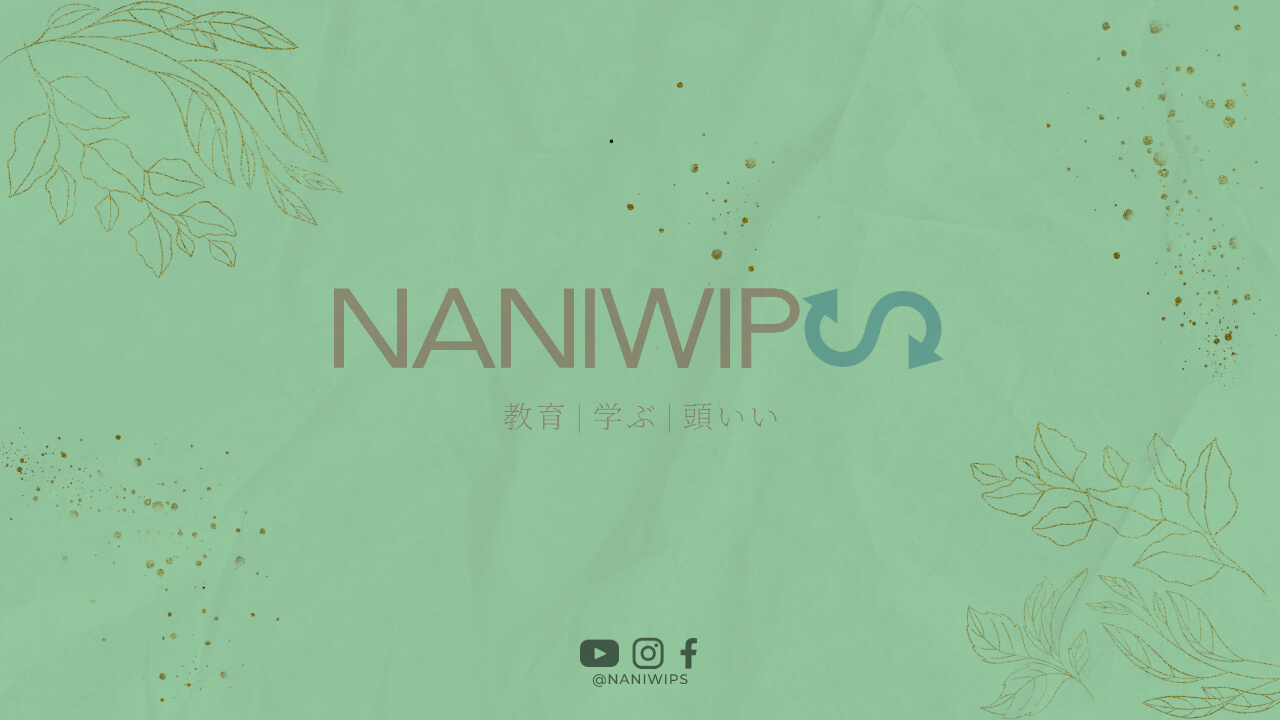Japan is a country that is known for its unique culture, traditions, and values. One of the most important values that the Japanese people hold dear is respect. Respect is a fundamental aspect of Japanese society, and it is deeply ingrained in the language and the way people communicate. One phrase that embodies the Japanese spirit of respect is “先生 俺にかまわず” or “Sensei, ore ni kamawazu”. This phrase is commonly used in Japanese schools and martial arts dojos, and it represents a deep level of respect and humility.
The Meaning of “先生 俺にかまわず”
The phrase “先生 俺にかまわず” can be translated to “Teacher, please don’t mind me” or “Teacher, pay no attention to me”. The word “sensei” means teacher or master, and it is a title that is used to show respect to someone who is more experienced or knowledgeable. The word “ore” means “me” or “I”, and the phrase “ni kamawazu” means “without minding”.
When someone says “先生 俺にかまわず”, they are essentially saying that they do not want to be a bother or a distraction to their teacher. They are acknowledging that their teacher is busy and has other students to attend to, and they do not want to take up too much of their teacher’s time or attention. This phrase is a way for students to show respect and humility, and to demonstrate their willingness to learn and improve.
Using “先生 俺にかまわず” in Japanese Schools
In Japanese schools, the phrase “先生 俺にかまわず” is commonly used by students to show respect to their teachers. When a teacher is giving a lesson or explaining a concept, students will often say this phrase if they have a question or need clarification. By saying “先生 俺にかまわず”, they are essentially asking their teacher to answer their question without disrupting the flow of the lesson or taking up too much time.
This phrase is also used when students are practicing a new skill or technique. For example, in a martial arts dojo, students will often say “先生 俺にかまわず” when practicing a new move or form. This shows their respect for their teacher, and their willingness to learn and improve.
The Importance of Respect in Japanese Culture
Respect is a fundamental value in Japanese culture, and it is reflected in the language, behavior, and social norms. In Japan, people show respect not only to their elders and superiors, but also to their peers and colleagues. This respect is demonstrated through language, gestures, and actions.
For example, in Japan, it is customary to bow as a sign of respect. Bowing is a way to show gratitude, apology, or acknowledgement, and it is a common practice in many situations, such as greeting someone, saying thank you, or apologizing for a mistake.
Another way that respect is shown in Japan is through the use of honorifics. Honorifics are suffixes or prefixes that are added to someone’s name or title to show respect. For example, the title “sensei” is an honorific that is used to show respect to a teacher or master. Other honorifics include “san”, “sama”, and “kun”, which are used in different situations to show respect to someone’s status, age, or relationship.
Conclusion
“先生 俺にかまわず” is a powerful phrase that represents the Japanese values of respect and humility. This phrase is commonly used in Japanese schools and martial arts dojos, and it reflects the deep level of respect that the Japanese people have for their teachers and mentors. By saying “先生 俺にかまわず”, students are demonstrating their willingness to learn and improve, and their respect for their teacher’s time and attention. In a society that values respect above all else, this phrase is a testament to the Japanese spirit of harmony, humility, and mutual respect.



